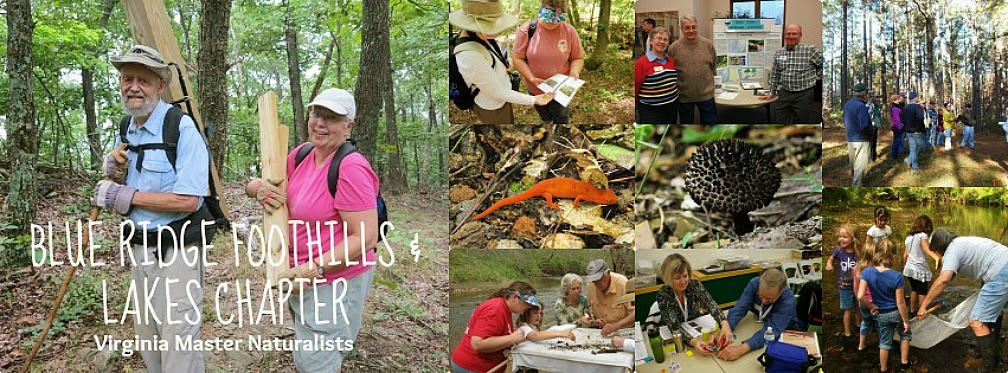You Live in Bear Country...
 |
photo © 2007 Bess Sadler | more info (via: Wylio) |
As new spring growth emerges, so do bears, and they are following their stomachs in search of food.
With a healthy and growing black bear population, bear sightings are becoming the norm throughout Virginia. While the highest concentration of bears occurs in the Blue Ridge and Alleghany Mountains and around the Great Dismal Swamp, bears are likely to be seen just about anywhere in Virginia. During the months of April and May bears have left their dens and are ending their winter fast. Bears do not eat, drink, urinate, or defecate while they are in dens. Additionally, while denning, female bears may give birth to cubs. Cubs are born weighing less than a pound and are reliant on their mother's milk.
In Virginia, bear diets consist of 80% vegetation and only 20% protein from common sources like insects and carrion. Bears are highly adaptable and intelligent animals and can learn to associate human dwellings with food. In their search for food, bears are attracted to residential areas by the smell of food around homes.
Please don't feed the bears
Always remember that a bear is a wild animal, and that it is detrimental to the bear, as well as illegal in Virginia, to feed a bear under any circumstances. Even the inadvertent feeding of bears is illegal. The most common food attractants are bird feeders, garbage, and pet food. Additionally outdoor grills, livestock food, compost, fruit trees, and beehives can also attract bears.
Click on the following link to learn details on how to handle bears in your backyard...
- How do you encourage a bear that's hanging around to move on?
- What should you do if you see a bear on your property?
- How can I learn more about bears in Virginia?
- Living with Bears in Virginia, a video produced by VDGIF provides tips for peacefully coexisting with bears and other useful links to bear information.
If you do see a bear in your area, enjoy watching it from a distance. If you experience a bear problem after taking appropriate steps of prevention, please notify your Virginia Department of Game and Inland Fisheries Regional Office. Phone numbers for the regional offices can be found by visiting the Department's website.
Remember, if you live in Virginia, you live in bear country.
BRFAL Chapter of Virginia Master Naturalist wishes everyone a safe Spring and Summer Outdoors!
BRFAL Chapter of Virginia Master Naturalist wishes everyone a safe Spring and Summer Outdoors!

No comments:
Post a Comment
Thanks for your comment and interest! NOW GO OUTSIDE!